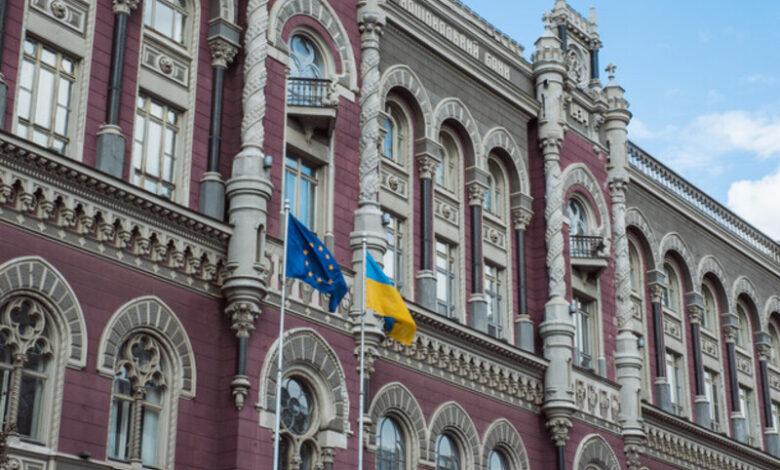The National Bank of Ukraine expressed its position on the abolition of credit limits for military personnel

The situation with credit limits for military personnel in Ukraine caused a loud resonance in society. The impetus for the discussion was a case with a client of one of the largest banks in the country, who reported that after confirming his military service status, his credit rate was reduced to zero, but the credit limit was canceled at the same time. The case gained publicity, social networks began to massively report similar actions by other banks. In response, the National Bank of Ukraine expressed its position, which causes a complex discussion at the intersection of patriotic duty and economic realism.
In NBU consider, that the current moratorium on charging fines and interest on overdue loans, introduced back in 2014, may not work in favor of the military today. The National Bank recalled that the moratorium was introduced as a reaction to the unexpected invasion and mobilization – then it was aimed at those who already had debt obligations to the banks at the time of joining the ranks of the Armed Forces.
The regulator emphasized that the 2014 decision was temporary and protective in nature. Its goal was to prevent mobilized Ukrainians from being under the pressure of bank sanctions, unable to service loans on time. However, in 2025, the situation has changed significantly: the number of military personnel has increased many times, and banks are faced with the need to issue new consumer loans.
The NBU notes that the moratorium does not extend to secured loans, but in the field of unsecured consumer lending — in particular, in the form of limits on bank cards — it may hinder the military’s access to financial services. The reason is that banks are forced to limit their risks, because they have no guarantee of repayment of interest or fines. According to representatives of the regulator, “banks do not have free money”: they themselves pay for deposits, bear operating costs and must remain financially sustainable. Therefore, by issuing new interest-free loans without a clear compensation system, banks actually risk depositors’ money.
The NBU emphasizes that in a market economy, a long-term moratorium or state restriction of prices/tariffs in the long term always leads to a decrease in the supply of services or a deficit. As an example, the situation with the limitation of fuel prices at the beginning of the great war, which caused its temporary shortage, is given.
The National Bank emphasizes: the question needs an objective assessment. And that’s why, according to representatives of the institution, the regulator has repeatedly raised this topic in dialogues with the government and parliament – with the aim of working out a joint solution. We are talking about possible legislative initiatives that would simultaneously preserve social guarantees for the military and not destroy the consumer credit system.
Separately, the NBU notes that banks are trying to support defenders in other ways — in particular, by offering free premium packages, additional services and readiness to expand services for the military.
At the same time, bankers emphasize: without a defined mechanism of compensation or support from the state budget, mass issuance of interest-free loans for military personnel is not viable. They call for this issue to be regulated at the legislative level — so that benefits do not turn into denials of access to financial services.
Thus, the public debate is only gaining momentum. For veterans and military personnel, credit tools are not only a convenience, but also a means of solving basic needs. For banks, this is a risk without system support. And for the state, it is another challenge that requires a balanced, balanced response.





